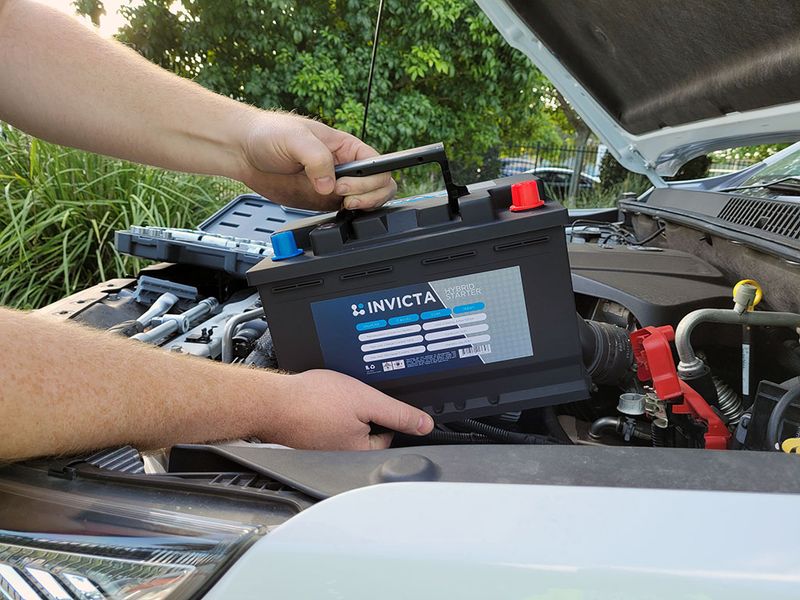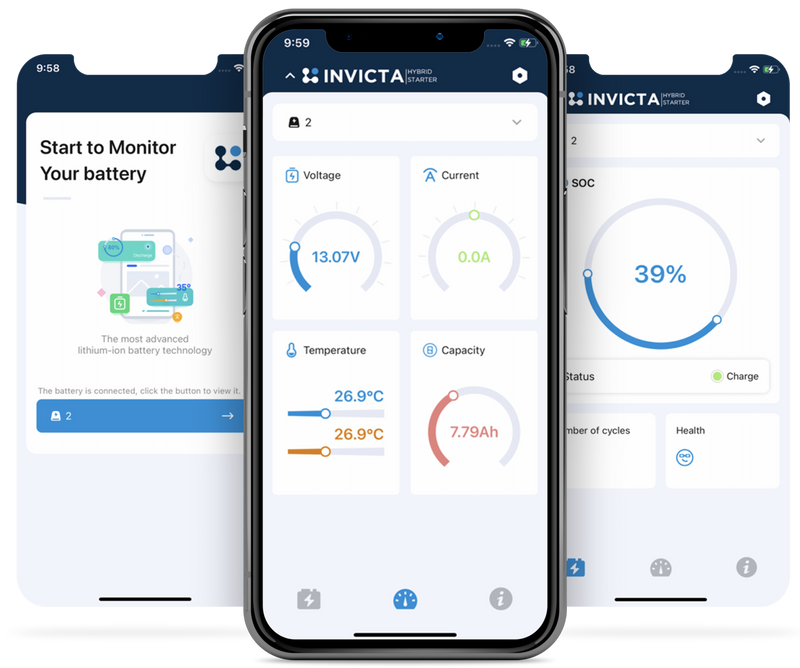Impact of Temperature on Lithium Battery Performance

Lithium batteries have become indispensable power sources in our daily lives, powering a wide range of devices, from smartphones and laptops to electric vehicles and renewable energy storage systems. Despite their ubiquity, the performance of lithium batteries can be significantly influenced by external factors, with temperature playing a pivotal role. In this exploration, we delve into the intricate relationship between temperature and lithium battery performance, analysing the impact on efficiency, longevity, and overall functionality.
Temperature and Electrochemical Reactions:
The fundamental processes governing lithium battery performance are electrochemical reactions occurring within the cell. These reactions are susceptible to temperature variations. Generally, higher temperatures accelerate chemical reactions, increasing the rate of electron flow and potentially boosting battery performance. However, the relationship is not as straightforward as it may seem.
Impact on Efficiency:
One of the immediate effects of temperature on lithium battery performance is its influence on energy efficiency. At elevated temperatures, lithium-ion batteries tend to exhibit higher discharge rates, resulting in increased power output. While this might seem advantageous, it comes at a cost – accelerated degradation of the battery components. The efficiency gains may be short-lived, as prolonged exposure to high temperatures can lead to irreversible damage, compromising the overall lifespan of the battery.
Conversely, low temperatures can impede the electrochemical reactions within the battery, causing a decrease in discharge rates. This reduction in power output can be particularly noticeable in colder climates, affecting the performance of electric vehicles, portable electronic devices, and renewable energy systems.
Impact on Longevity:
The impact of temperature on lithium battery longevity is a critical consideration for manufacturers and consumers alike. High temperatures accelerate the aging process of the battery, causing chemical reactions that result in capacity loss over time. The phenomenon, known as thermal aging, can significantly shorten the operational lifespan of lithium batteries. This is the main reason we only offer a 3 Year warranty on Invicta Hybrid battery. Although the product is designed not to fail under these extreme conditions and continue operating past its three-year warranty period, it cannot escape the thermal aging effects. This will vary, depending on the application.

Moreover, exposure to extreme temperatures, especially in the upper range, can lead to thermal runaway – a potentially hazardous situation where the battery temperature rises uncontrollably, risking leakage, swelling, and even combustion. Manufacturers implement various safety mechanisms, such as thermal management systems and protective coatings, to mitigate these risks, but temperature control remains paramount.
In cold climates, lithium batteries can experience reduced capacity and power output due to a phenomenon called “cold cycling.” The electrolyte in the battery can become more viscous at low temperatures, impeding ion flow and limiting the battery’s ability to deliver energy. This effect is particularly noticeable in electric vehicles, where drivers may experience decreased range during winter months.
Optimal Operating Temperatures:
To maximize lithium battery performance and extend their lifespan, it is crucial to operate them within recommended temperature ranges. The optimal temperature range for most lithium-ion batteries is typically between 20°C to 25°C (68°F to 77°F). Operating within this range helps maintain a balance between performance and longevity.
Manufacturers often integrate thermal management systems into their devices or electric vehicles to regulate the battery temperature. These systems may include cooling elements, such as fans or liquid cooling, to dissipate excess heat during high-demand activities and prevent the battery from overheating. With Invicta Hybrid lithium batteries, it uses heat-resistant case special LiFePO4 paste that can provide optimum performance in high-heat environments.
Recommendations for Users:
Understanding the impact of temperature on lithium battery performance empowers users to make informed decisions to prolong the lifespan and optimize the efficiency of their devices. Here are some practical recommendations:
Use the right battery: Use a battery such as the Invicta Hybrid lithium batteries that have been tested and designed to perform in extreme environments
Avoid Extreme Temperatures: Minimize exposing devices with lithium batteries to extreme temperatures, both high and low. Avoid leaving devices in direct sunlight, especially in hot climates.
Use Insulation in Cold Environments: In cold climates, insulate devices to prevent rapid temperature drops, which can adversely affect battery performance. Keep devices in a warmer environment when not in use.
Charge in Moderate Temperatures: Charge lithium batteries in moderate temperatures to prevent thermal stress on the cells. Avoid charging devices in extremely hot or cold conditions.
Monitor Battery Temperature: Some devices provide battery temperature information. Monitor this data and take appropriate action if temperatures exceed recommended limits. Invicta Lithium offers monitoring on all there products that end in BT. This allows you to accurately monitor SOC, Current, Voltage, Temperature, Cycles, and any protections that are in place.

Conclusion:
The impact of temperature on lithium battery performance is a multifaceted relationship that demands attention from both manufacturers and consumers. Striking a balance between maximising power output and ensuring the longevity of lithium batteries is essential for sustainable and reliable energy storage solutions. As technology advances, ongoing research and innovation in thermal management systems will play a pivotal role in addressing the challenges posed by temperature fluctuations, ushering in a new era of efficient and durable lithium battery technologies.
